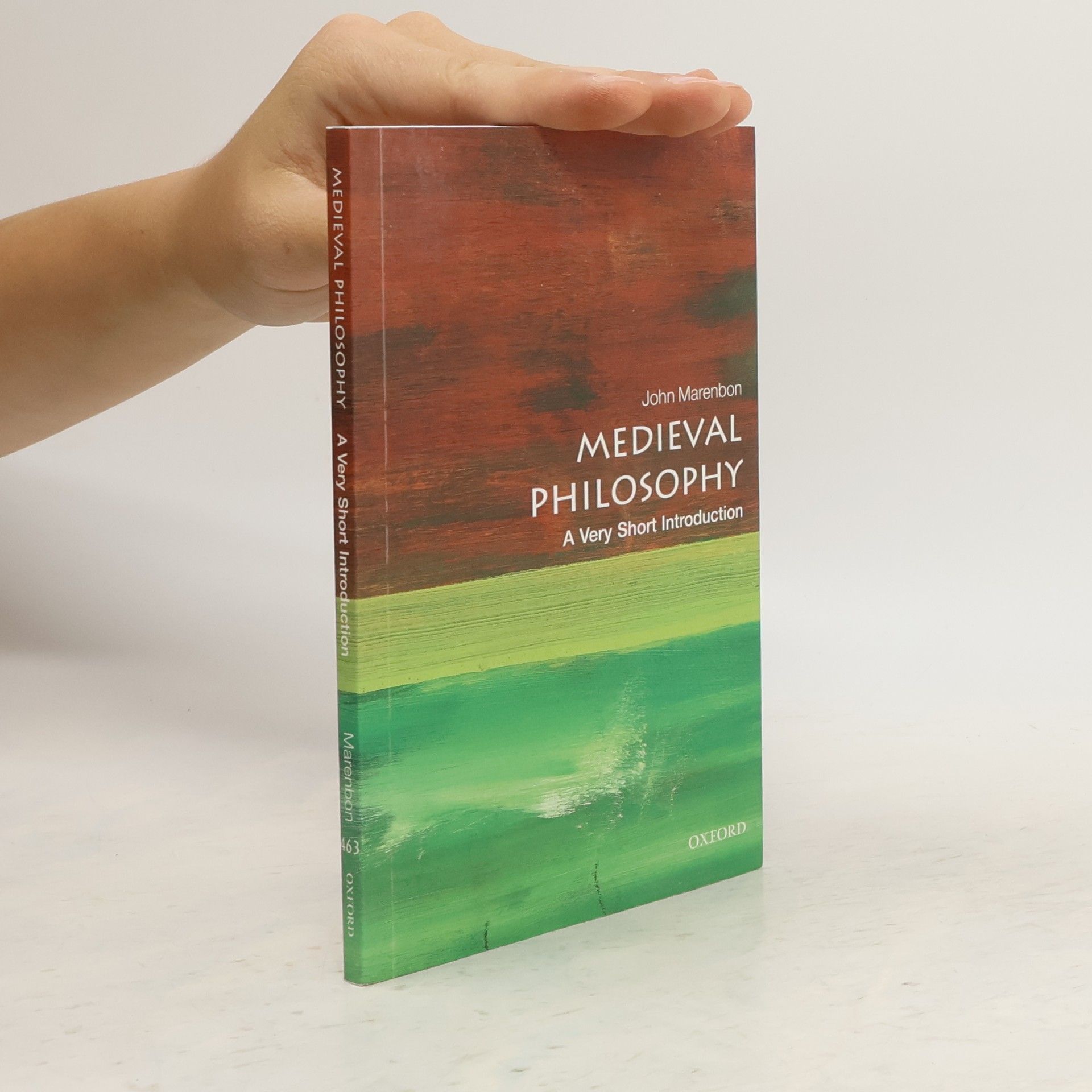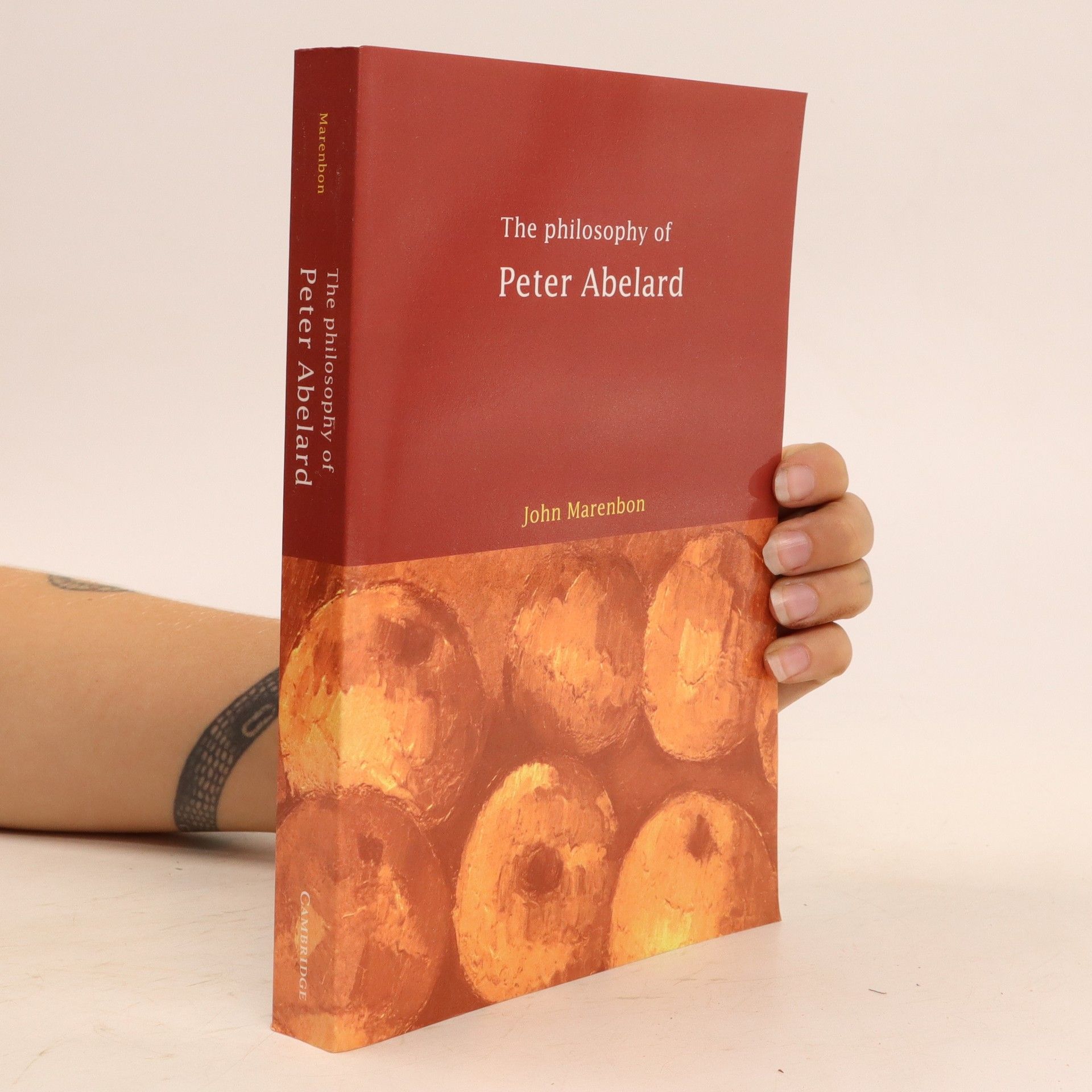The Philosophy of Peter Abelard
- 396 stránek
- 14 hodin čtení
This book offers a major reassessment of the philosophy of Peter Abelard (1079-1142), which shows that he was a far more constructive and wider-ranging thinker than has usually been supposed. It combines detailed historical discussion, based on published and manuscript sources, with philosophical analysis that aims to make clear Abelard's central arguments about the nature of things, language and the mind, and about morality. Although the book concentrates on these philosophical questions, it places them within their theological and wider intellectual context.


